
Iran automakers to produce 6,000 trucks with Chinese help
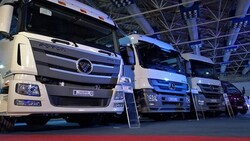
Iran has signed contracts with two domestic automakers to produce 6,000 trucks with the help of Chinese manufacturers, the head of Iran's Road Maintenance and Transportation Organization said on Tuesday.
"Good things have happened in the automotive industry and efforts have been made to use domestic capacity to modernize the truck fleet," Dariush Amani told reporters in Tehran.
"In this regard, a contract for 1,000 units has been signed with Mammut Company and 5,000 units with Iran Khodro. We are now working to secure finance for these contracts," he added.
The Mammut Industrial Group, also known as Mammut Industries, assembled and distributed Swedish truck maker Scania's vehicles in Iran. Similarly, Iran Khodro was the local distributor of German automaker Mercedes-Benz's trucks.
However, both the European companies halted their operations in Iran after the US reimposed sanctions on the Islamic Republic in 2018.
"Given that we are under sanctions, Chinese companies are mainly the suppliers of domestically produced truck engines," Amani said.
Before the sanctions, Iran was one of Scania’s top ten global markets with annual business of more than 330 million. The company had been in operation in the country since 2000 through Oghab Afshan, a privately-owned partner and distributor of buses.
Scania produced nearly 1000 trucks a year emblazoned with its famous red griffin badge in Qazvin. Oghab Afshan meanwhile produced more than 800 Scania buses a year at its facility outside Isfahan.
Mammut had signed an agreement with Iran’s Road Maintenance and Transportation Organization and the Iranian Fuel Conservation Company to support the replacement of 5,000 aging trucks with Scania models, but it had to cancel the deal because of the sanctions.
Similarly, Mercedes-Benz halted its plans for local production of trucks and powertrain components as well as its return as a shareholder in the Iranian Diesel Engine Manufacturing Co (IDEM) in Tabriz to build diesel engines.
Thanks to the sanctions, however, Iran's auto sector has started standing on its own feet after years of reliance on imported car kits which foreign companies stopped supplying in fear of the US sanctions.
Source: ICCIMA

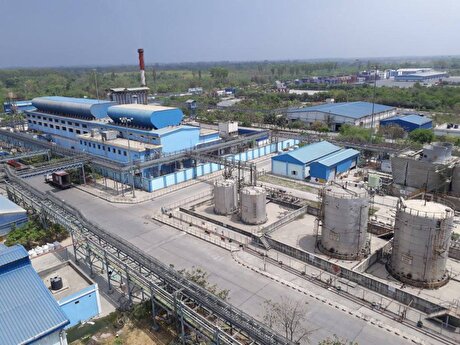
Hindustan Zinc to invest $438 million to build reprocessing plant

Gold price edges up as market awaits Fed minutes, Powell speech
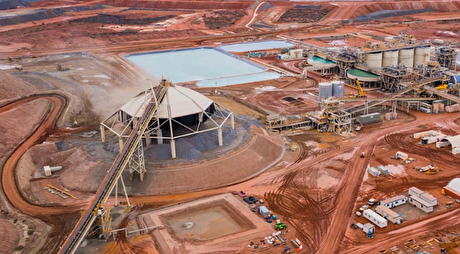
Gold Fields nears $2.4B Gold Road takeover ahead of vote

Glencore trader who led ill-fated battery recycling push to exit

UBS lifts 2026 gold forecasts on US macro risks

Roshel, Swebor partner to produce ballistic-grade steel in Canada

EverMetal launches US-based critical metals recycling platform

Iron ore price dips on China blast furnace cuts, US trade restrictions
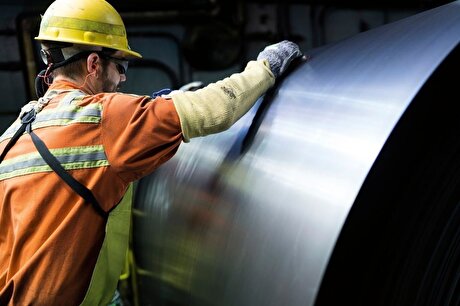
Cleveland-Cliffs inks multiyear steel pacts with US automakers in tariff aftershock
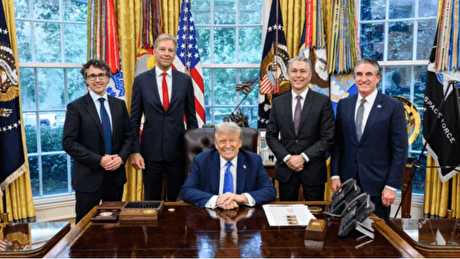
Trump raises stakes over Resolution Copper project with BHP, Rio Tinto CEOs at White House
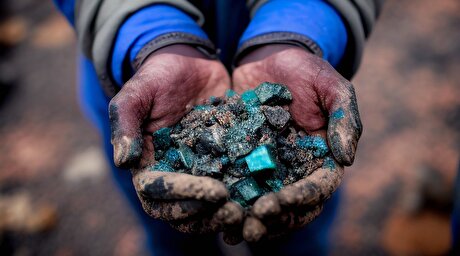
US seeks to stockpile cobalt for first time in decades

Trump weighs using $2 billion in CHIPS Act funding for critical minerals

Nevada army depot to serve as base for first US strategic minerals stockpile

Emirates Global Aluminium unit to exit Guinea after mine seized

Tailings could meet much of US critical mineral demand – study

Codelco cuts 2025 copper forecast after El Teniente mine collapse
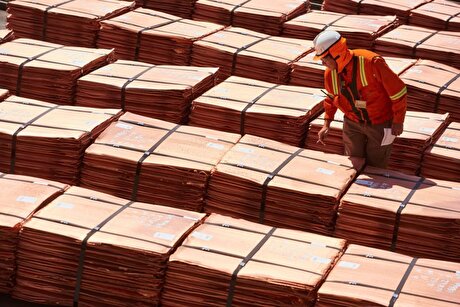
Glencore targets 1Mt of copper in Argentina over coming decade

Viridis unveils 200Mt initial reserve for Brazil rare earth project

SQM boosts lithium supply plans as prices flick higher

US seeks to stockpile cobalt for first time in decades

Trump weighs using $2 billion in CHIPS Act funding for critical minerals

Nevada army depot to serve as base for first US strategic minerals stockpile

Tailings could meet much of US critical mineral demand – study

Codelco cuts 2025 copper forecast after El Teniente mine collapse

Glencore targets 1Mt of copper in Argentina over coming decade

Viridis unveils 200Mt initial reserve for Brazil rare earth project

SQM boosts lithium supply plans as prices flick higher

Abcourt readies Sleeping Giant mill to pour first gold since 2014














